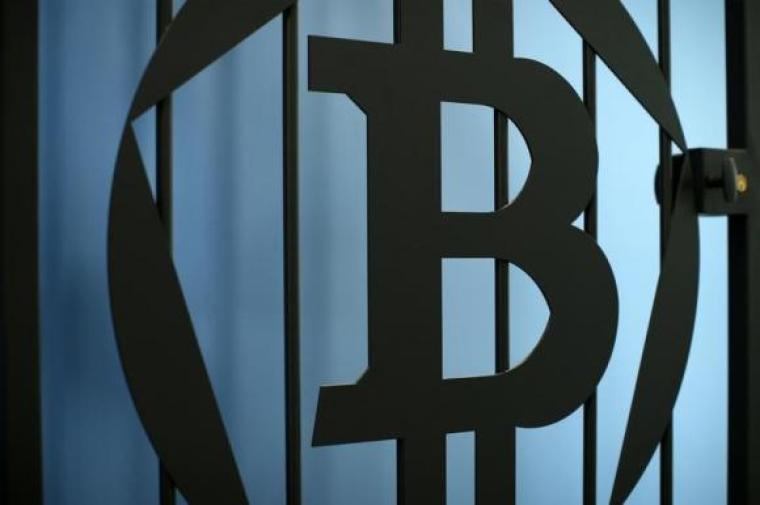

Life will be more difficult for start-ups particularly now that purchases of bitcoin will now be feasible for sales tax.
It has been ruled by the Australia's tax authorities that any bitcoin transaction is subject to the goods and services tax or GST, signifying that the cryptocurrency is not possible to be classified as "money" in the coming days.
The ruling primarily applies to "Australian businesses running bitcoin exchanges'" which allows consumers to buy and sell "real money for the digital currency." The verdict denotes that when bitcoin is purchased from an exchange, it will have to pay goods and services tax on the bitcoin supply.
It is not usual for GST to apply to financial transactions. This implicates that a traditional money exchange does not have to "charge the tax when Australians purchase foreign currency."
The Australian Tax Office released a statement, "A transfer of bitcoin from one entity to another is a 'supply' for GST purposes." In addition, the "exclusion from the definition of supply for supplies of money" does not relate to bitcoin since bitcoin is not "money for the purposes of the GST Act."
The presence of this Australian tax will result to a costly proposition when running a bitcoin exchange. Mainly because it is based on the bitcoin's total amount supplied, instead on the "cut the exchange takes above the market value."
Under the recent rules, bitcoin "trading platforms" are responsible for much less GST. The disparity lies in "whether the company buys and sells bitcoin itself," or simply aids "transactions between third parties" in a way similar to a stock exchange. If the case is the latter, the GST is solely due on the "percentage commission the exchange charges" – not on the full amount bought.
This ruling also sets hurdles with transactions where spending bitcoins is involved, requiring sellers that accept the currency to treat it as a taxable supply, rather than plainly money exchanged for services and goods.